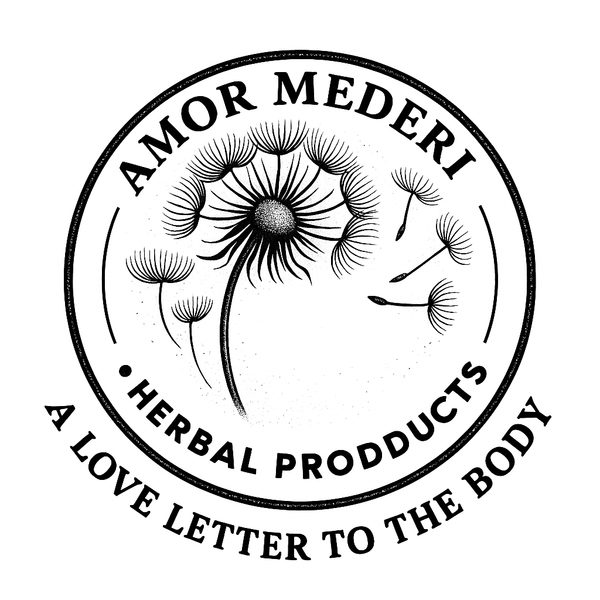
Trophorestorative Herbs – Nourishing the Body Back to Balance
Every now and then I come use a herbal term that sounds a bit technical but is actually describing something beautifully simple.
Trophorestorative is one of those words. It’s a bit of a mouthful, but at its heart, it means this:
A herb that helps feed, repair, and restore a particular body system over time.
These aren’t “quick fix” herbs. They’re the long-game players—the ones that gently nourish the tissues, help them recover from depletion, and bring them back to their best function. You can think of them like a slow, steady friend who shows up every day with a warm meal and a kind word until you’re feeling yourself again.
What does ‘trophorestorative’ actually mean?
The word comes from Greek:
Tropho (trophē) – meaning nourishment or feeding.
Restorative – from the Latin restaurare, meaning to bring back or renew.
So, a trophorestorative herb is one that provides deep nourishment to a specific tissue or organ system, helping it rebuild after illness, chronic stress, or ongoing strain.
They don’t just stimulate or soothe—they actually support the body in repairing itself. Over time, this can mean better resilience, more balanced function, and less likelihood of the same issues cropping up again.
Trophorestoratives work slowly. They’re the herbs you take regularly for weeks or months, often alongside other supportive measures, to help create lasting change.
Examples of Trophorestorative Herbs
Each trophorestorative has its own “home base” in the body—the system it’s best at restoring.
Nervous System
These are the herbs that help heal and nourish the nerves themselves—perfect when the nervous system has been worn down by stress, anxiety, exhaustion, or trauma.
-
Oatstraw (Avena sativa) – deeply nourishing to frazzled nerves, helping restore a sense of calm and stability.
- Skullcap (Scutellaria lateriflora) – calming and supportive for overworked or depleted nerve tissue.
Endocrine & Energy Systems
These herbs help nourish the adrenal glands, thyroid, and overall hormonal balance. They can be a lifeline for people recovering from burnout or long-term stress.
-
Ashwagandha (Withania somnifera) – replenishes vitality, supports the adrenals, and helps restore energy reserves.
- Licorice root (Glycyrrhiza glabra) – supports adrenal function and helps maintain steady energy (best used under guidance if you have high blood pressure).
Immune System
Some herbs not only stimulate or modulate the immune system—they also strengthen it at the roots, making it more resilient over time.
-
Astragalus (Astragalus membranaceus) – supports deep immune strength and helps rebuild after recurrent illness.
- Echinacea angustifolia – more than just an “immune booster,” it helps tone and restore immune function when used regularly.
Liver & Detox Pathways
The liver is one of our hardest-working organs. Certain herbs can help it recover from overload and function more efficiently.
- Burdock root (Arctium lappa) – helps nourish and restore liver function and supports healthy skin from within.
- Dandelion root (Taraxacum officinale) – a gentle liver tonic that supports regeneration and steady detoxification.
How They’re Used
Trophorestoratives are usually taken regularly, in tea or tincture form, sometimes for months at a time. They work best when paired with good nutrition, rest, and lifestyle changes that reduce the load on the system you’re trying to restore. Think of them as part of a long-term recovery plan rather than a one-off remedy.
Why I Love Them
In our fast-paced world, we’re used to “quick results.” But real healing often takes time, and that’s where these herbs shine. They honour the body’s need for steady, consistent care—and they remind us that resilience is something we build, not something we buy in a bottle overnight.
